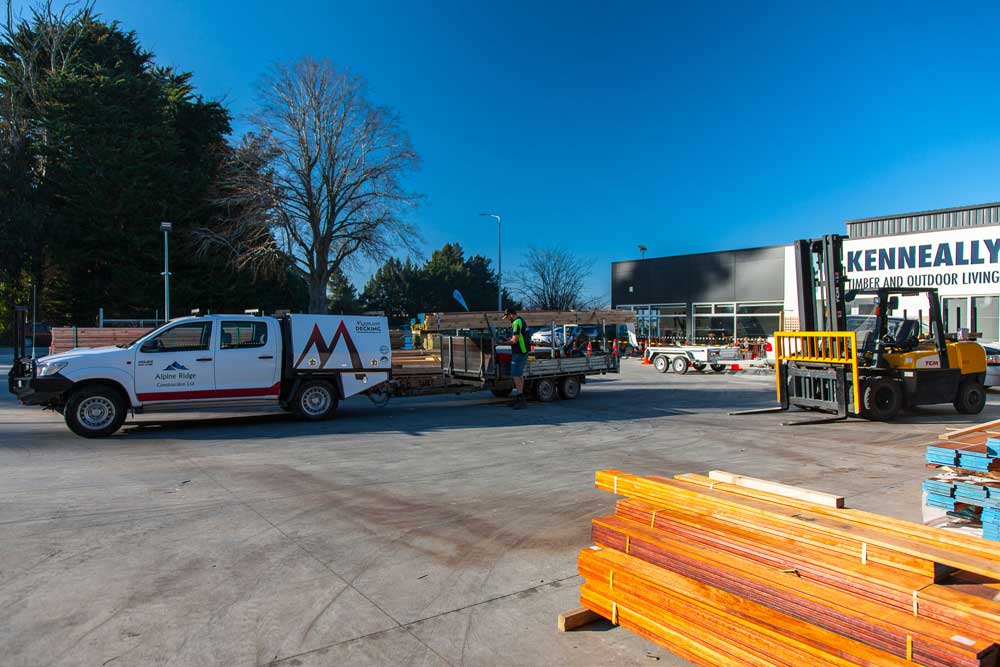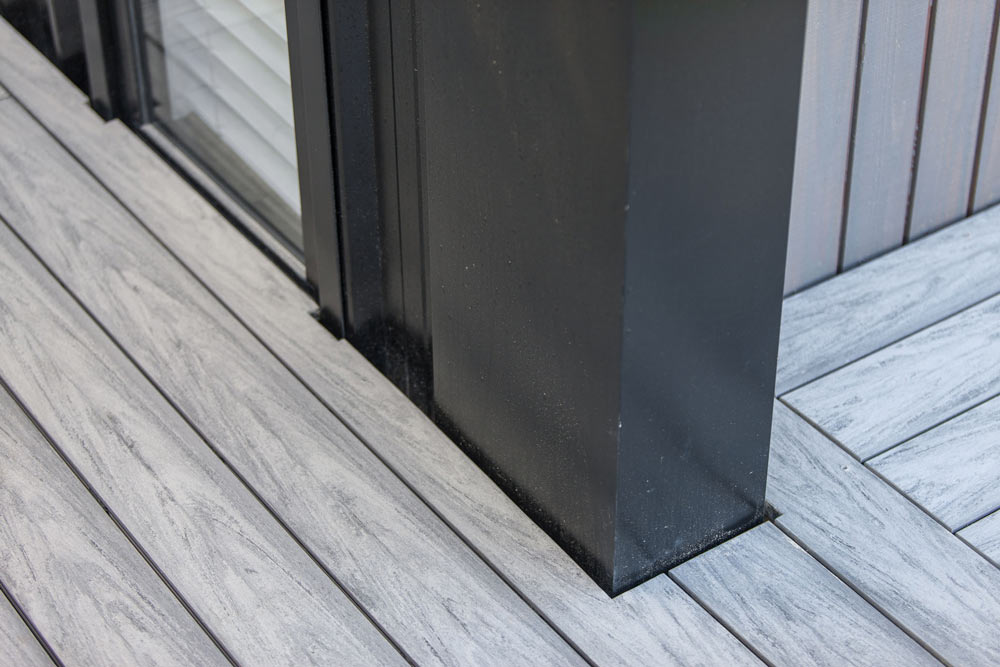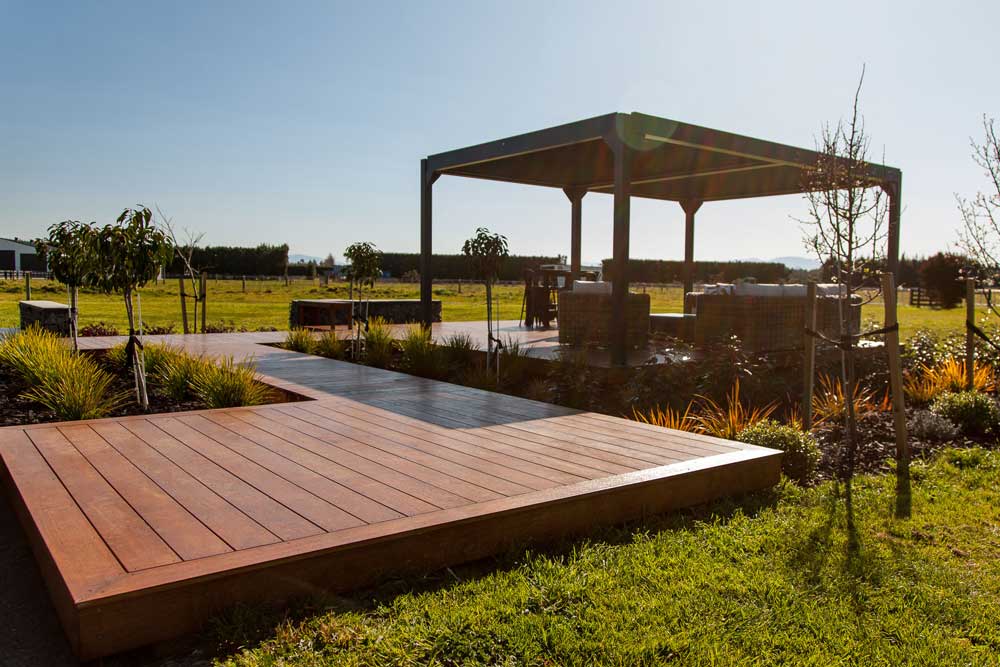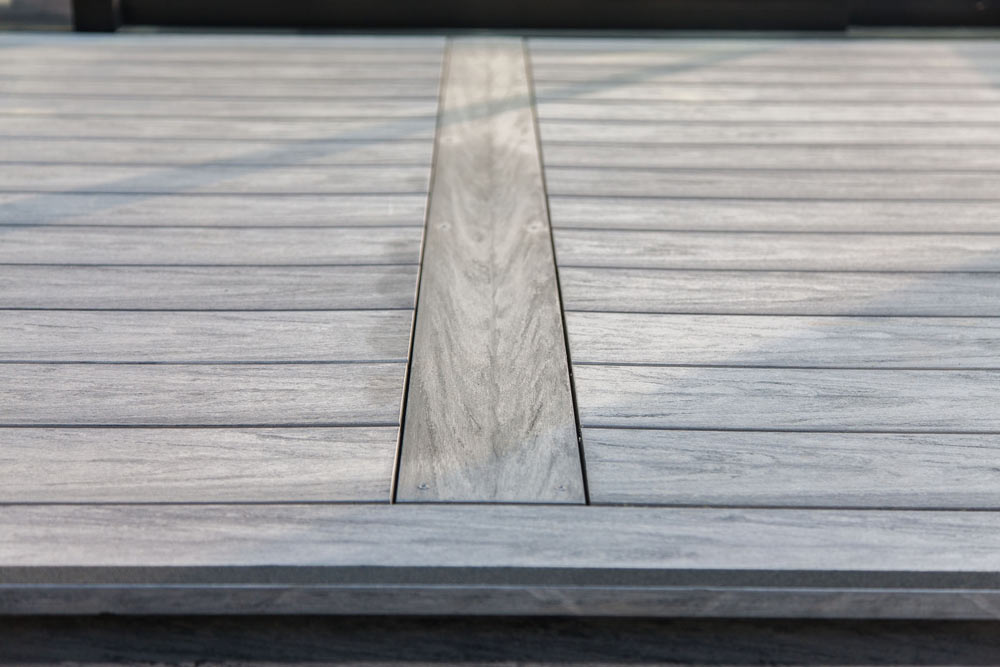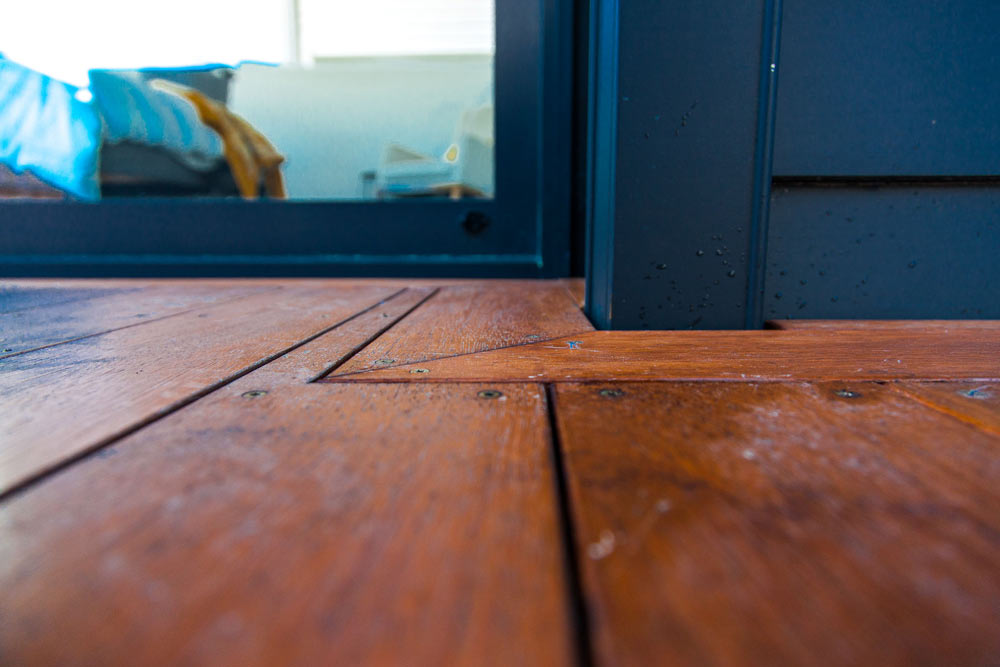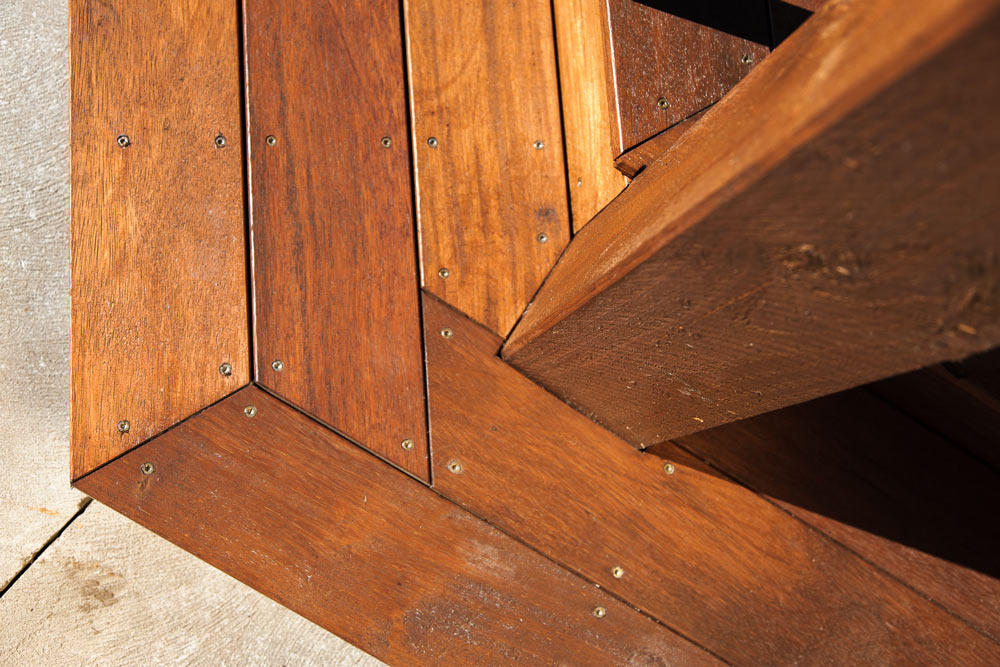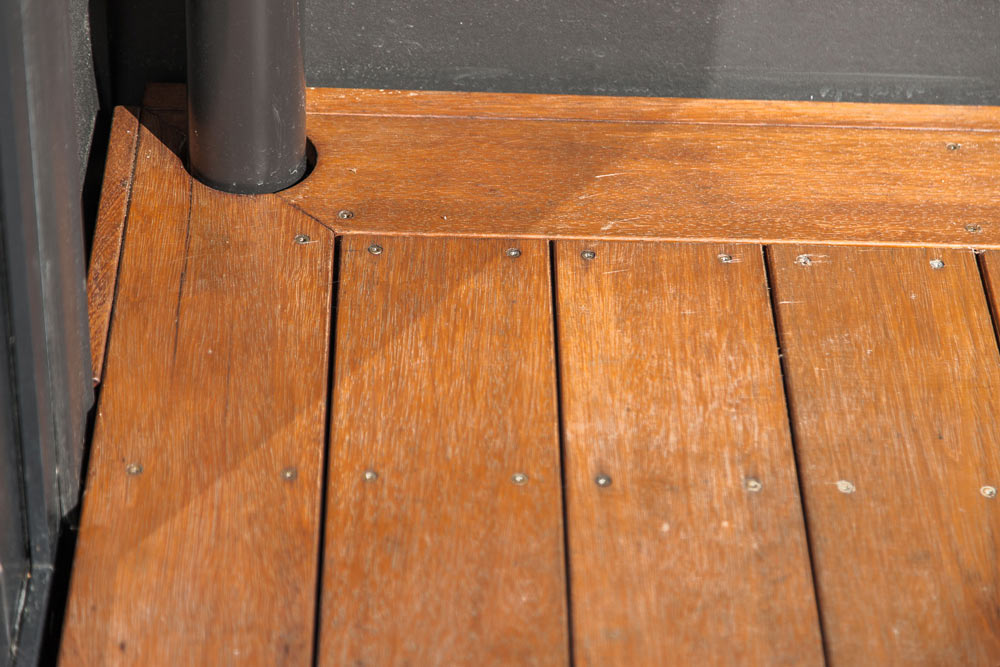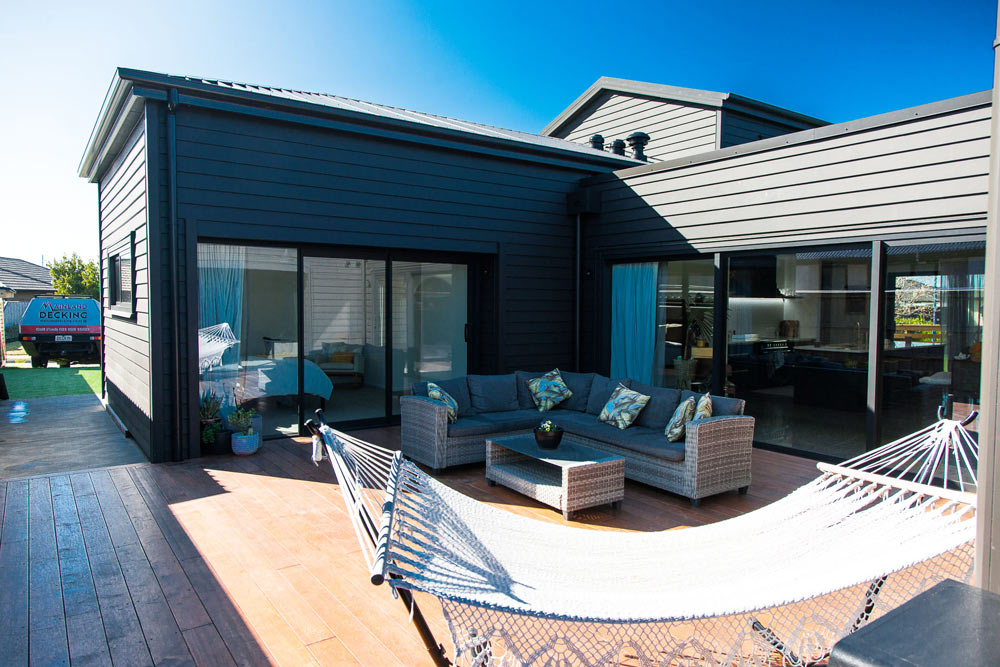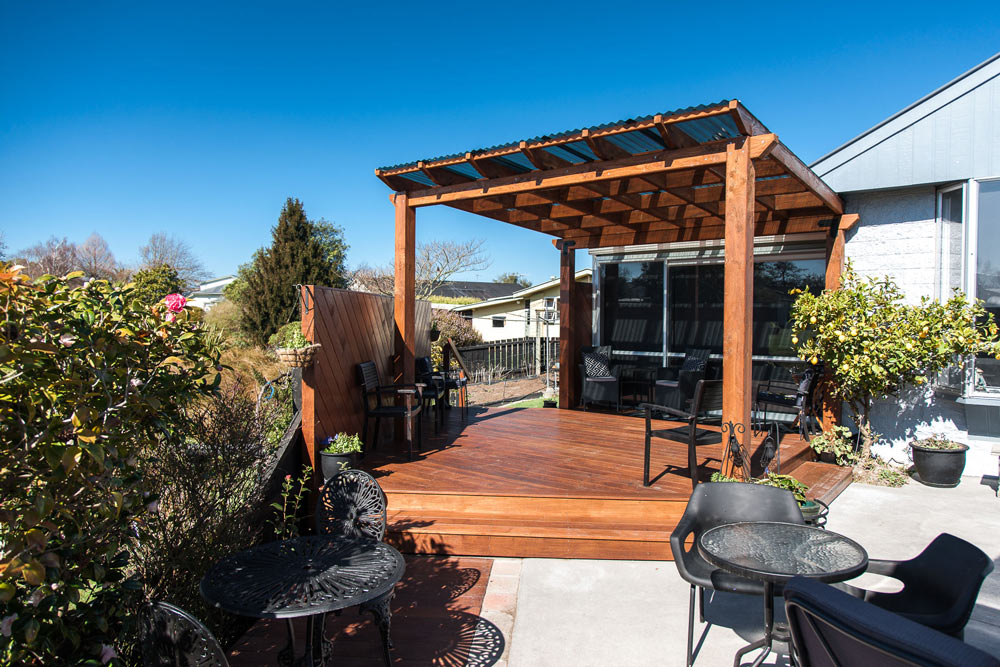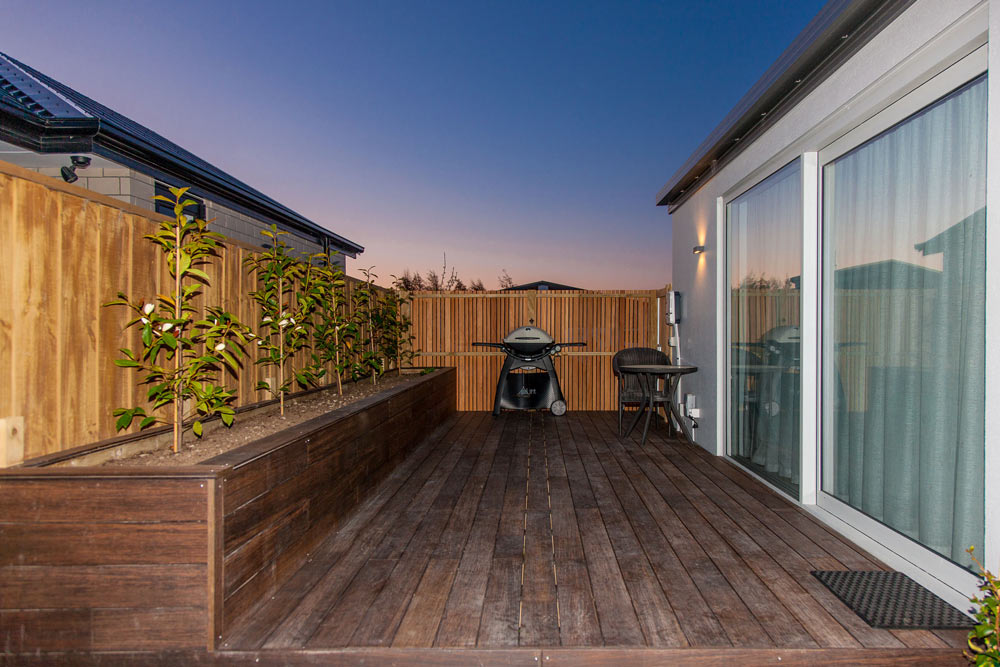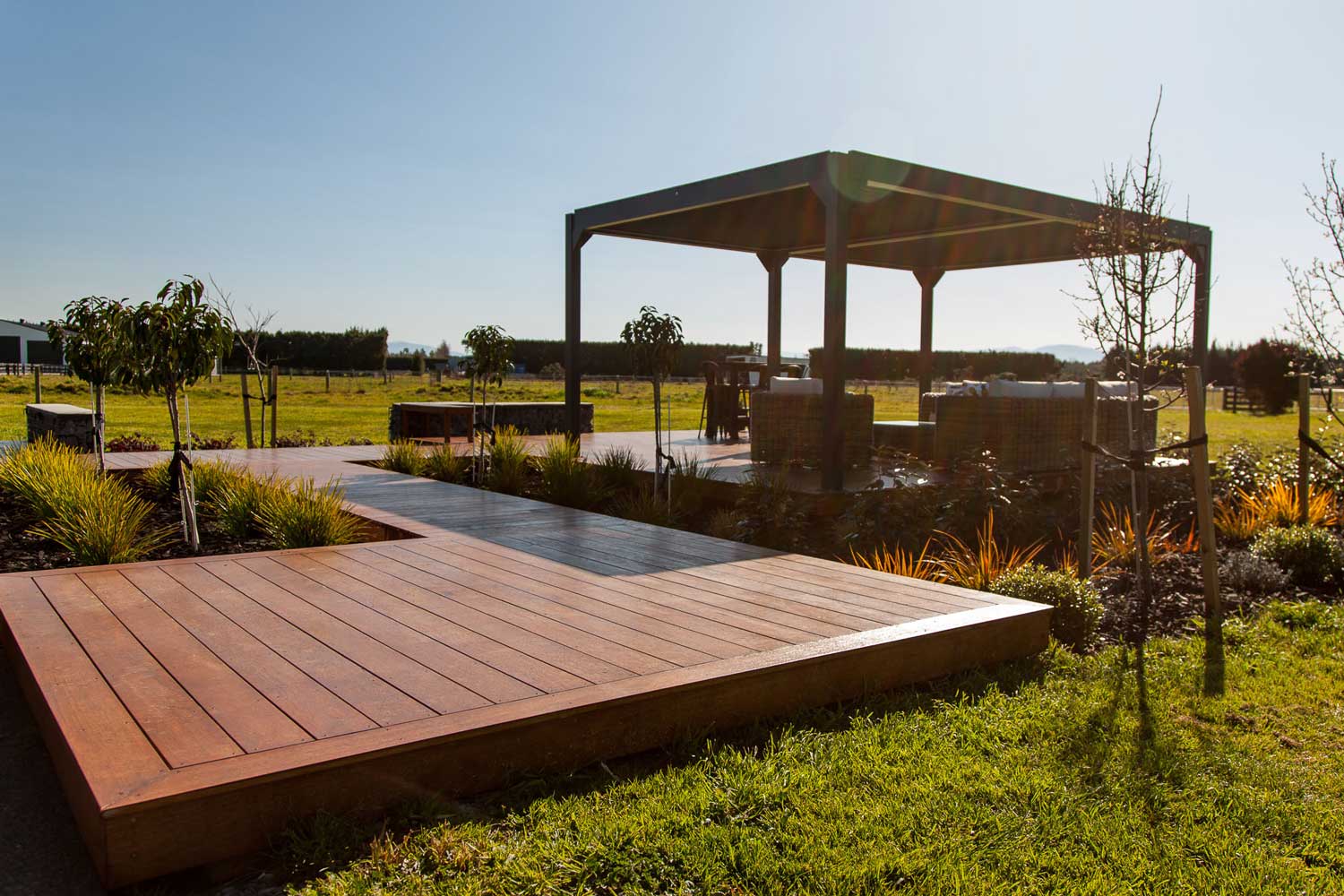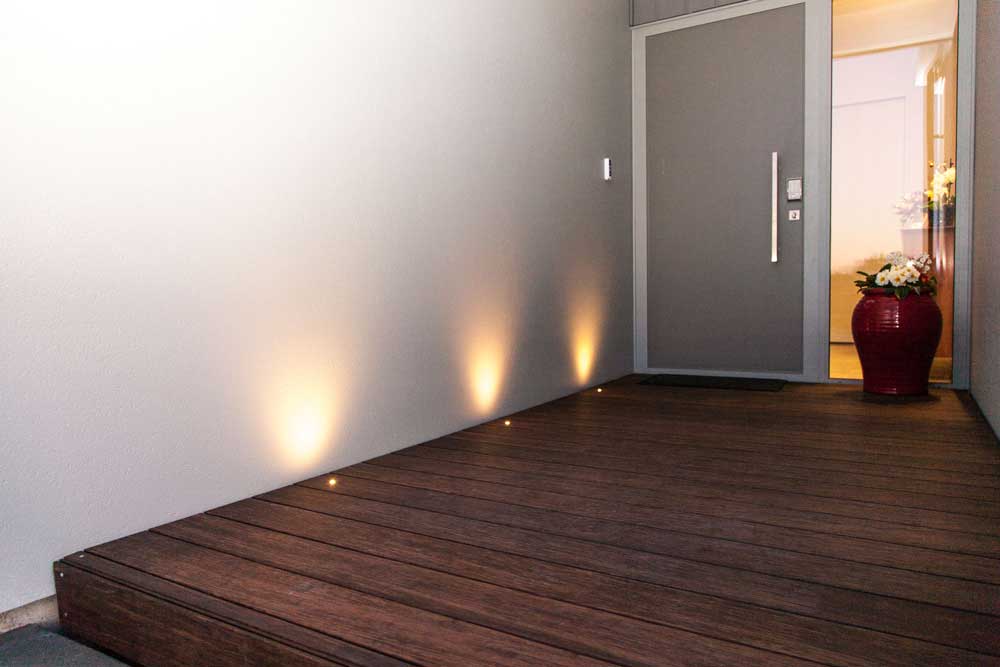FREQUENTLY ASKED QUESTIONS
Why should I build a deck?
Decking is one of the only things that can be built in line with the floor of your house, creating numerous options for pram and wheel chair accessibility to the outdoors if required.
What type of decking should I use?
Choosing what to use as your decking boards can be tricky, as there are Pros and Cons to whatever you put down. Here is a list of some of the most popular decking found in New Zealand:
Pine Decking
Pros
· Cheapest option
· Can be stained in a variety of colours due to the light colour of timber
· Eco friendly as it is grown in plantations
Cons
· Requires maintenance and staining needed on an annual basis
· Not as visually impressive as hardwoods
· Can deteriorate quickly and turn grey if lack of maintenance
· Prone to twisting and splitting
· Prone to open up at the timber joins
· Life span is a lot shorter than hardwood decking
· Can mark and dent very easy as it is a soft wood
Note: During winter, being a very damp time of year, Pine Wood can swell up completely, leaving no gaps at all between decking boards. Summertime dries it out, but there could be up to a 10mm gap between the decking boards. As a result, it may then twist, bow, spilt or cup. Using premium grade timber; regular staining and maintenance on the deck greatly minimizes these risks but it doesn’t completely eliminate them.
Kwila decking
Pros
· Best value for money
· Cost effective
· Incredibly durable
· Instantly appealing
· Stays straight and naturally-resistant to moving once it has been laid properly
· FSC certified
· Long-lasting
Cons
· Requires maintenance, oiling or staining on an annual basis
· May get splinters from the deck in the case of lack of maintenance
· Occasionally kwila can open at the joins
Note: With a brand new Kwila Deck, for the first week or two after the deck gets laid, kwila will what we call “bleed” the sap still in the timber. This is completely normal, but if you do walk over the deck when there’s a little moisture on it then walk inside with your shoes on, the sap could stain your carpet. You can speed the bleeding process up by spending just 5 minutes washing the deck down with a hose for a couple of days and it should be fine.
Kwila is the most common decking in New Zealand due to its stunning appearance, durability and relativity low cost, making it the best value for money.
Composite Decking
Composite Decking is becoming an increasingly popular option, thanks to its ability to provide a timber look with a few added benefits.
Pros
· Made of recycled plastic and wood grain, making it an excellent choice for those seeking to reduce their carbon footprint
· Naturally resistant to mould and insects; less prone to rot
· Lower maintenance requirements; no staining required
· Plank sizes all come in one length (5.4meters)
· A range of different colours to choose from
· Have an option for a clip system, ensuring no visible screws on the deck’s surface
· Incredibly durable
Cons
· Higher price than timber decks
· No option to change colour once initial stain has been used
· Depending on deck size and shape there could potentially be a lot more wastage due to the planks only coming in one size
· Composite can be rather slippery
· Butt joins are not an ideal option
· As much as Composite Decks appear to look as a natural wood, they lack the texture that a natural wood has.
Note: With Composite Decking, because of the plastic mixed in with timber, it expands a lot in the heat. Therefore, decking joins will always need to allow space for gaps, giving room for expansion on those very toasty summer days. However, there are a couple of ways to avoid those undesirable join gaps in your deck. One way is to build the deck so that it’s no longer that 5.4meters long, in that case no gaps are needed. The other way is to place a divider board in so that all the boards gap together, making the gaps less noticeable.
What is the best decking for price?
Kwila is the best value for money, it is slightly more expensive than pine but it is a much superior product, it looks better lasts longer and doesn’t move as much as Pine.
How much will my new deck cost?
How many years will decking last?
As long as the decking is regularly maintained, a pine deck should last 10-15 years, hardwood and composite decking should last 25-30+ years.
Should you put anything under decking?
As long as there is good ventilation under your deck you don’t need to put anything down but putting weed mat or a roll of polythene down to stop moisture coming up into the framing is definitely a good idea.
How do I maintain my timber deck once it's built?
Once your deck is built it is highly recommended that you stain/oil your deck 4-8 weeks after it has been built. This gives the timber a chance to dry out so that it will be able to absorb the stain or oil more effectively.
Decking oil vs stain
Whether you should oil or stain will come down to what you want from your deck. A stain will improve the appearance of the deck, but oil will help to better preserve its condition.
Oil is preferable because it soaks in, feeds the timber, and preserves it better. Timber decking is a significant investment, and you will want to get as much life out of it before you need to replace it. Also preserving the condition of the wood will help maintain its appearance.
Staining your deck can greatly enhance the appearance of the timber by changing the existing colour. Doing this revitalises the deck and also helps highlight the natural grain.
The process of staining/oiling your deck
1. Clear the deck completely, giving the top of the deck a light pressure wash to remove dirt and moss eta
2. Saturate the deck and broom over it with a deck wash solution
3. Rinse; let dry
4. Once the deck is completely dry, apply Oil/Stain
How often should I stain/oil my deck?
Always follow the instructions on the tin of your oil/stain, but it is recommended to do annually.
What is the best low maintenance decking?
If you are looking for low maintenance decking Composite decking is your answer, all natural timber decking if left without coating, and regular maintenance will fade and eventually the surface of the deck starts to break down, resulting in cracks and splinters etc. composite decking is a man made product that doesn’t do that
What decking doesn't need staining?
Composite decking, you decide the colour boards when you buy the decking and it stays that colour so you don’t need to do any maintenance on it.
How long will a deck last if you don't stain it?
Our sun is harsh on timber, Natural timber will lose its colour and turn a grey silver colour within 6 months and then will start to crack, split and splinter. The deck might still last quite a few years but the appearance and enjoyment of the deck will greatly be reduced.
Why do decks turn grey?
The sun will naturally turn a deck grey if it doesn’t get oiled or stain?
Do I need Council consent?
Rules and regulations around Decking and Porches to be aware of:
You don’t need a consent for the project if your deck is up to 1.5 meters in height from the ground. However, if you are building a deck higher than 1.5 metres above ground, you will need a consent.
Any Deck which is 1 metre+ above the ground and possesses the risk of falling requires a fence or barrier for safety.
All deck-building is required to meet other structural and building requirements.
What New Zealand law states
Subject to section 42A of the Building Act, Schedule 1 exempts the following from a building consent:
Building work in connection with a deck, platform, bridge, boardwalk, or the like from which it is not possible to fall more than 1.5 metres even if it collapses.
For further details, visit THIS SITE
or Christchurch City Council website: HERE
Porch and Pergolas
If your porch is smaller than 30 square meters and is on the ground floor of your building, you don’t need a consent providing that a Licensed Builder Practitioner designs and builds it.
If your Porch is bigger than 30 square meters and/or you would like to build a porch on any other floor than the ground floor of your building, you will need a building consent.
A Pergola any size doesn’t need a building consent as long as it doesn’t have a roof
Along with the ones mentioned above, porches also need to meet other structural and building requirements.
For further details, visit THIS SITE
or Christchurch City Council website: HERE
Does decking need foundations?
Decks are usually either built on piles that get dug and concreted into the ground, or built over concrete patios which get screwed down to the existing concrete.
How long will it take to build my deck?
The length of the build depends on the size and complexity of the deck. As a rough estimate, a small to medium deck normally takes a day or two to build, and bigger decks including steps, planter boxes or bench sets could take up to a week.
